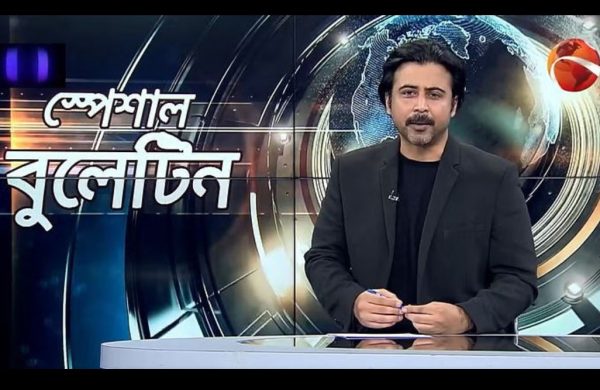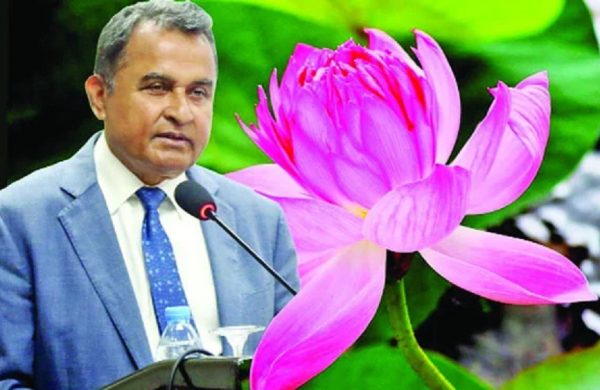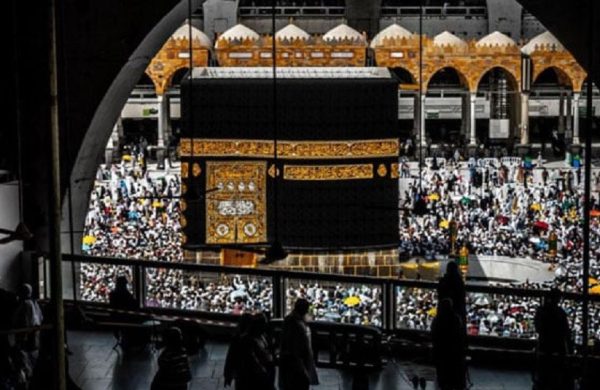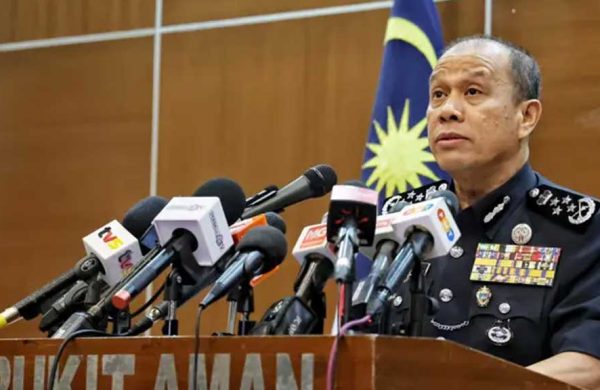High demand, higher losses: Railway’s financial strain deepens
- Update Time : Friday, July 4, 2025
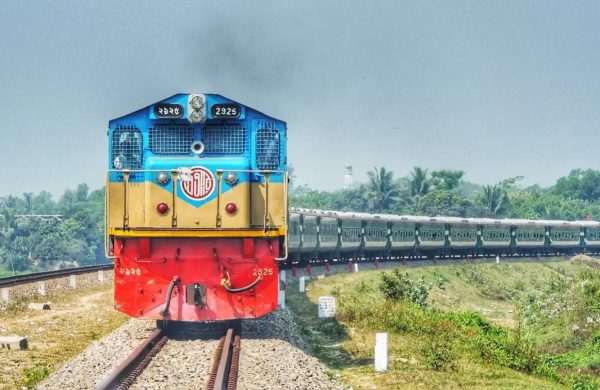
UNB, Dhaka
Bangladesh Railway, a popular mode of transport known for its low fares and comfort over long distances, remains mired in heavy financial losses, prompting questions about its operational efficiency.
Railway sources said around 350 trains, including intercity, local and freight services, operate every day across the country, carrying an average of 80 to 90 million passengers annually.
In the 2023–24 fiscal year, Bangladesh Railway recorded losses of over Tk 1,400 crore. Weak management, poor revenue collection, outdated freight operations, and slow modernisation efforts have been identified as the key reasons behind the losses.
Passenger transport remains the main focus of the railway’s operations, with most revenue generated from ticket sales.
Experts believe that limited investment in freight transport, which is considered commercially more profitable, has held back the organisation’s earnings.
At Kamalapur Railway Station in Dhaka, Masud, a businessman from Brahmanbaria, shared his experience. He finds train travel more comfortable than buses for long distances but noted difficulties in getting tickets and frequent delays in service.
Railway officials, requesting anonymity, said each ticket sold includes a subsidy of around 40 to 50 percent. Staff shortages, outdated engines and coaches and weak signaling systems also limit operational capacity.
Train fares have remained unchanged since 2016, although fuel prices have increased multiple times. Operational costs have grown significantly, driven by higher fuel expenses and increased administrative costs following the 2015 pay scale revision.
The number of trains between major routes such as Dhaka–Chattogram and Dhaka–Khulna via the Padma Bridge could be increased in response to passenger demand. Expanding services on these routes would lead to higher maintenance costs.
Countries like India, China, and those in Europe have boosted railway revenues through expanded freight services. Analysts say similar steps in Bangladesh could reduce operational losses and improve overall financial health.
Stakeholders are calling for long-term planning and efficient management to transform the railway into a sustainable and financially sound organisation while continuing to serve the public.
Mohammed Shahid Miah, president of the National Committee to Protect Shipping, Roads and Railways, said poor planning is a major reason the railway has yet to turn a profit.
He pointed out that popular routes such as Dhaka–Mymensingh and Dhaka–Jamalpur do not have enough trains, while some less-used routes are overserved. This imbalance leads to higher costs without corresponding revenue.
Ashis Kumar Dey, president of the Shipping and Communication Reporters Forum, said that insufficient cargo transport is another major factor contributing to financial losses. He identified operational weaknesses as a barrier to achieving revenue targets.
Ashis Kumar recommended adding more coaches to intercity trains departing from Dhaka on Thursdays and Fridays, and returning on Saturdays and Sundays, to increase passenger volume and income.
A senior railway official said retirement benefits are a major financial burden. These costs are paid directly from the operational budget, unlike other government departments where pensions are covered by a separate welfare fund.
In the 2023–24 fiscal year, the railway spent about Tk 946 crore on retirement benefits, which increased to nearly Tk 1,000 crore in the 2024–25 fiscal year.
According to the same official, the railway earned Tk 1,925 crore in revenue during FY 2023–24. This figure dropped to around Tk 1,800 crore in FY 2024–25, mainly due to disruptions during the anti-discrimination movement in July and August last year, when train operations were limited for around six weeks.
Manpower shortage also affects the railway’s performance.
Of the approved 47,000 posts, only about 23,000 are currently filled. Increasing manpower would improve service quality and allow expansion to more destinations, potentially attracting more passengers and increasing revenue.
Bangladesh Railway Director General Afzal Hossain said rising operational and maintenance costs, along with unchanged fares, make subsidies necessary. Freight transport remains a profitable area, though its volume has declined, he said.
He added that as a service-oriented institution, the railway prioritises the public interest, ensuring convenient and comfortable journeys rather than focusing solely on profit.


